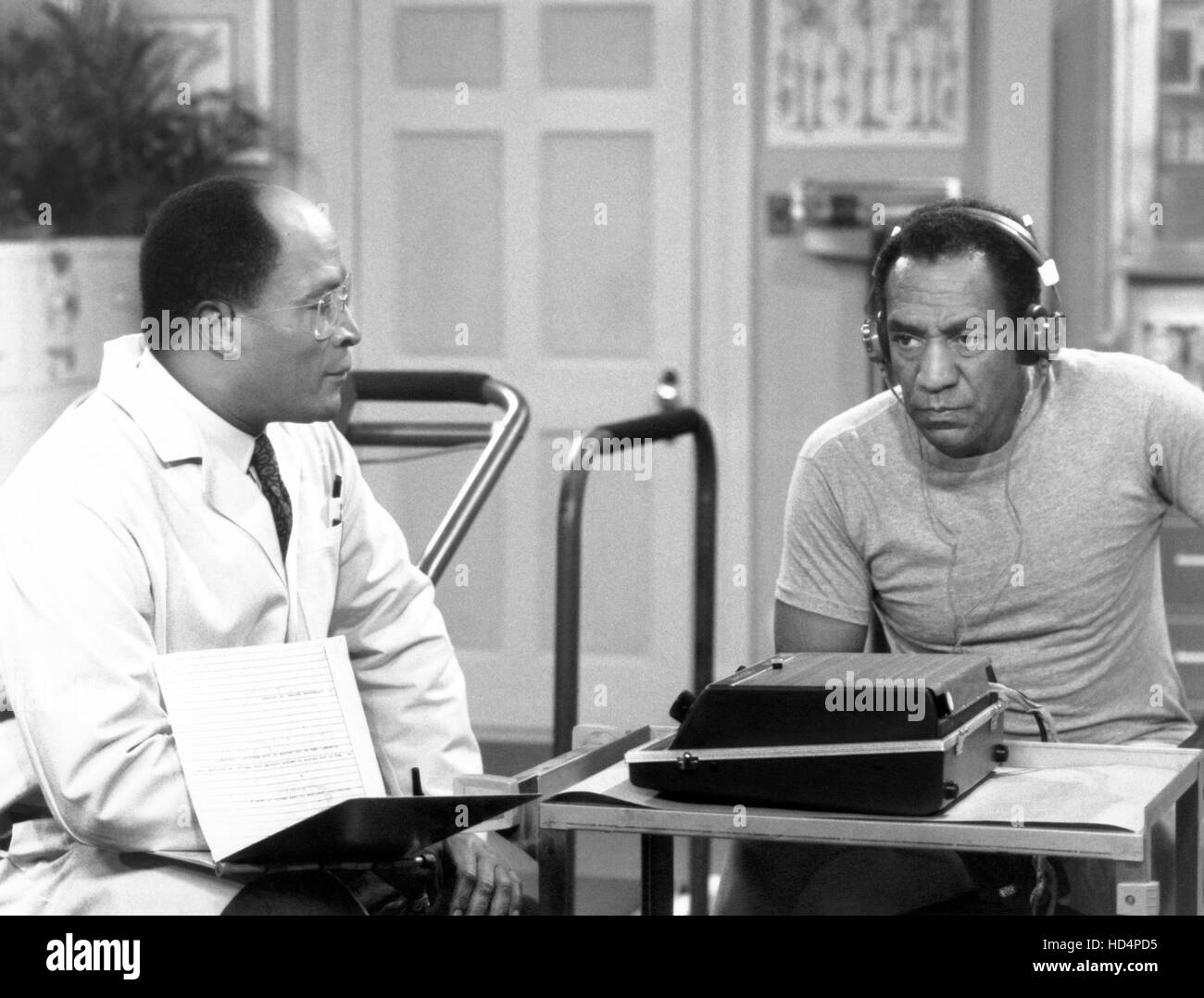
The Cosby Show was once the epitome of wholesome family entertainment. Airing from 1984 to 1992, it became one of the most beloved TV series in history, winning countless awards and captivating millions of viewers with its portrayal of an affluent African American family navigating life’s ups and downs. Bill Cosby, as the beloved Cliff Huxtable, brought warmth, humor, and wisdom into homes across America. But beneath the show’s cheerful facade, a dark and disturbing reality was lurking, one that would eventually change everything for the series and its star.
The Golden Years of The Cosby Show
At its peak, The Cosby Show was not just a sitcom; it was a cultural phenomenon. Bill Cosby, who created the series, broke new ground by depicting an African American family in a way that had never been done before on television. The Huxtables were affluent, well-educated, and had a stable, loving family dynamic. The series was groundbreaking for its time, shattering stereotypes about African Americans on TV and providing a positive, relatable portrayal of a Black family.
The show became a platform for discussing important social issues, but it always maintained its focus on family values. Cosby, as Cliff Huxtable, was the perfect patriarch: a loving father, a successful doctor, and a role model for millions of viewers. The show’s success was so monumental that it was credited with changing the landscape of television, particularly in the representation of African Americans.
The Fall of Bill Cosby
However, as much as The Cosby Show was adored, its legacy was irreversibly tainted by Bill Cosby’s personal actions. For years, Cosby had been the epitome of a well-respected public figure. But in 2005, the first public allegations of sexual assault were made against him by Andrea Constand, a former Temple University employee. Cosby denied the allegations, but the accusations didn’t stop. Over the years, more women came forward, each with a similar story of alleged sexual misconduct by Cosby.
The allegations continued to mount, with more than 60 women accusing Cosby of sexual assault, harassment, and drugging. In 2018, after years of legal battles, Cosby was convicted of three counts of aggravated indecent assault against Constand. The once-cherished TV star was sentenced to three to ten years in prison.
How the Scandal Affected The Cosby Show‘s Legacy
The revelations about Cosby’s criminal behavior shattered the public’s perception of him as the lovable TV dad. For many fans, it was impossible to reconcile the kind, wise Cliff Huxtable they knew on screen with the man accused of heinous acts in real life. As a result, The Cosby Show‘s reputation took a severe hit.
The scandal raised troubling questions about the nature of celebrity and how often beloved figures are able to mask their true selves behind their public personas. The Cosby Show, once seen as a shining example of a successful African American family, now carries a dark history that many fans find hard to ignore. The show’s reruns were pulled from syndication, and its place in TV history was marred by the actions of its star.
The Aftermath: Reassessing the Impact
Despite Cosby’s downfall, The Cosby Show remains an important piece of television history. It broke barriers, brought visibility to African American families, and changed the way TV portrayed race. But the scandal surrounding Bill Cosby serves as a reminder of how fragile a public image can be, and how the actions of one individual can tarnish the legacy of an entire production.
Fans of the show continue to grapple with how to view the Huxtables in light of Cosby’s actions. Can we still appreciate the show for what it accomplished while condemning the man behind it? The answer is complicated, but one thing is clear: The Cosby Show will never be the same in the eyes of the public.
